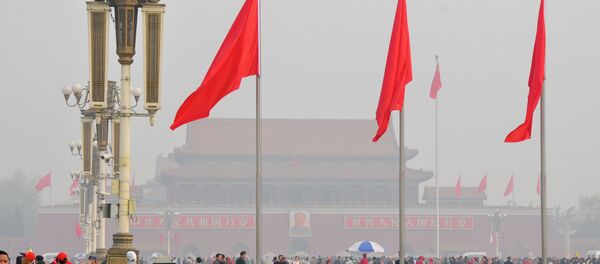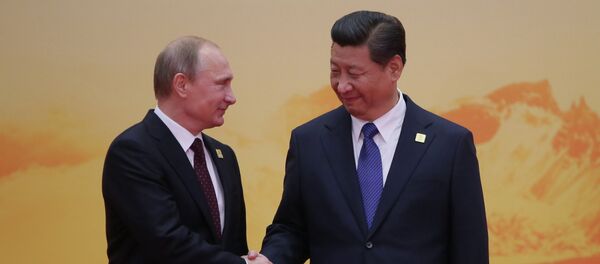"Of course, all is not perfect in the present-day cooperation between our countries, we are facing the challenge of the devaluation of ruble, but I think that the exchange rate is a temporary economic problem. The weaker ruble has affected our exports, but it gives us the opportunity to import products from Russia," Lu said.
He added that many Russian exports, including beer, flour and dairy products, are highly competitive in China, as they meet European quality standards, surpassing those adopted by China.
Bordering Russia along the Amur River in the country's Far East, the Manchurian province is Russia's largest trade partner in China, and accounts for up to 24 percent of all Russia-China trade, according to Lu.
Last month, the Chinese Ambassador to Russia said that ruble exchange rate volatility had little effect on trade between Moscow and Beijing. The ruble has lost about half of its value against the dollar since summer 2014.
Russia is Beijing's ninth-largest trading partner. Trade turnover between the two countries increased by almost 7 percent in 2014, reaching 95.3 billion dollars, according to the Chinese customs department.




